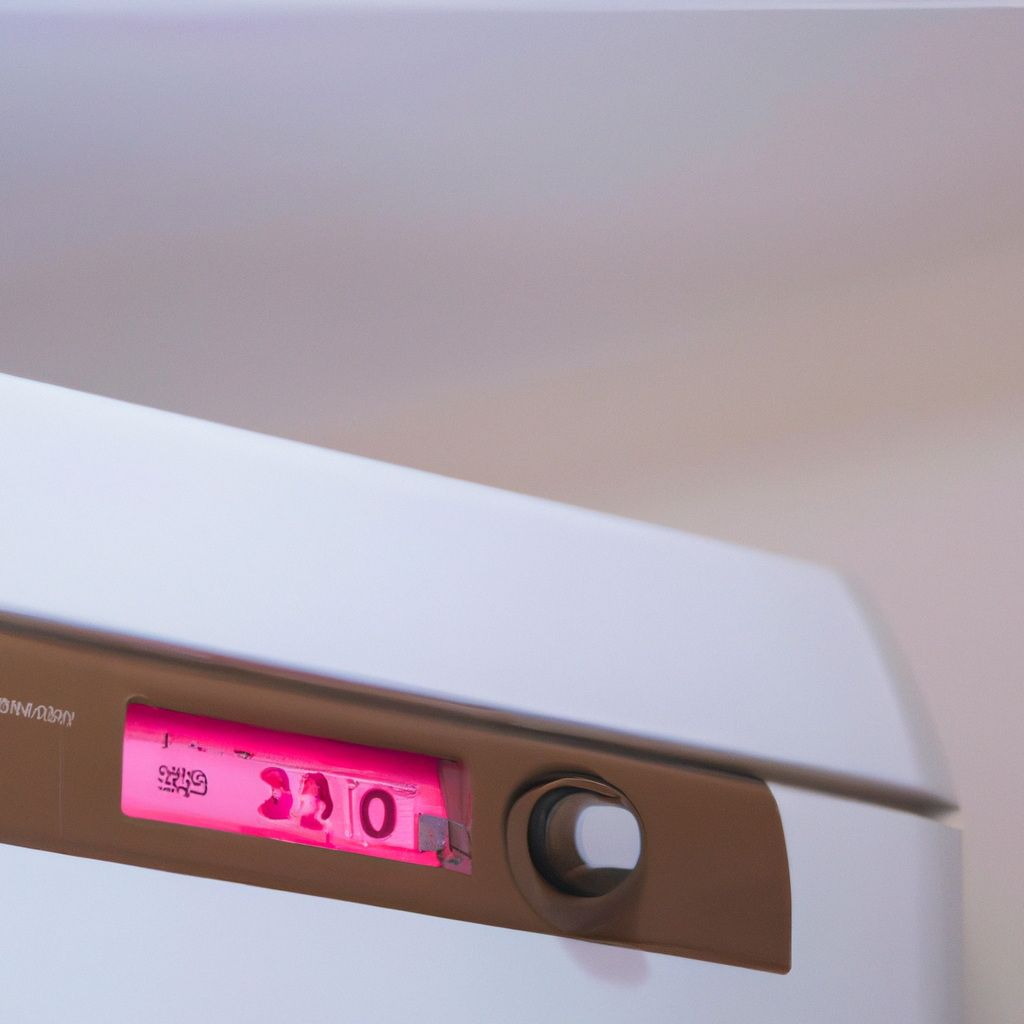Have you ever found yourself wondering how long it takes for an air conditioner to defrost? It’s a common question that many people ask, but the answer is not always straightforward.
Depending on the type of AC unit you have, and the conditions surrounding it, it can take anywhere from a few minutes to several hours for your AC to fully defrost. In this article, we’ll explore all the factors that go into determining how long it takes for an AC to defrost, so you can make sure your air conditioning system is in proper working order.
No one wants to be stuck with an inefficient air conditioning system in their home. But knowing how long it takes for an AC to defrost can help you ensure your system runs smoothly and efficiently all year round.
With the right knowledge, you won’t have to worry about your AC not doing its job! We’ll discuss what exactly happens when your AC needs to defrost, as well as some tips and tricks for making sure your AC stays in top condition.
By the end of this article, you should have a better understanding of how long it takes for an air conditioner to defrost and how you can prevent this issue from happening in the future. So if you’re looking for answers on how long it takes for an AC unit to defrost, read on!
Understanding How Ice Builds Up On An Ac Unit
Ice and frost buildup on an AC unit can be a common problem. It’s important to understand how ice accumulates in order to know how long it will take to defrost.
Ice accumulation on an AC unit is caused by the cooling process of the system. During this process, moisture from the air condenses on the evaporating coils and freezes due to cold temperatures.
This leads to frost buildup around the coil and other parts of the unit. The amount of ice that builds up depends on both indoor and outdoor temperature, humidity levels, air flow, and other conditions in your home.
Generally, more ice will accumulate when the temperature is colder outside or if the air filter is blocked with dirt or dust. To prevent excessive ice buildup, you should regularly check your air filter and clean it as needed.
With that said, let’s examine what causes frost and ice accumulation in an AC unit.

Causes Of Frost And Ice Accumulation
Frost and ice accumulation on air conditioning units can be caused by a number of factors. These include:
- Airflow obstruction: Blocks in the AC unit, such as leaves or other debris, can cause a restriction in airflow which can lead to frost and ice accumulation.
- Temperature fluctuations: If there is a rapid change in temperature, this can result in condensation buildup which can then freeze.
- Insufficient insulation: Poor insulation around the AC unit or lack of air sealing can cause cold air to enter the unit and result in ice buildup.
- Inadequate ventilation: Lack of proper ventilation can also contribute to frost and ice accumulation due to increased humidity levels and poor circulation.
- Condensation buildup: When warm moist air comes into contact with cooler surfaces it forms condensation, which then freezes and accumulates on the AC unit.
These causes of frost and ice accumulation need to be addressed in order to reduce defrost times. This means taking preventative measures such as cleaning out any blockages, insulating areas that are prone to temperature fluctuations, improving ventilation, and ensuring adequate condensation drainage.
Taking these steps will help ensure that your AC unit functions correctly and efficiently without long defrost times.
Preventative Measures To Reduce Defrost Times
Taking preventative measures is the best way to reduce the amount of time it takes for an air conditioner to defrost. Anti-icing techniques can be used to keep frost from forming on AC units.
This includes insulating coils and keeping temperature control consistent throughout operation. Additionally, it is important to regularly clean or change air filters as they can contribute to ice and frost buildup.
Lastly, keeping an eye out for any potential problems with the unit and addressing them quickly can help reduce the length of time needed for a full defrost. This might include checking refrigerant levels or ensuring that all parts are functioning properly.
Making sure everything is working optimally will help ensure that the AC doesn’t have to work too hard and become prone to frosting over.
With these preventative measures in place, you can minimize the amount of time required for a full defrost and move on to other strategies for quickly removing ice and frost.
Strategies For Quickly Removing Ice And Frost
After taking the appropriate preventative measures to reduce defrost times, it’s important to know strategies for quickly removing ice and frost from an AC unit. The two most effective strategies are manual defrosting and using a reversing valve.
Manual defrosting is a simple technique that involves manually turning off the compressor, then allowing enough time for the frost to melt. This can take anywhere from 30 minutes to several hours depending on the severity of the frost buildup.
For best results, it’s also recommended to use a soft brush or cloth to gently remove any excess frost after it has melted.
Using a reversing valve is another way to quickly reduce AC frosting. This technique uses compressed air or refrigerant gas to reverse the flow of coolant through the evaporator coil, which melts away any accumulated ice or frost in just a few minutes.
Although this method requires specialized knowledge and equipment, it can be very effective in reducing defrosting times significantly.
No matter which strategy you choose, it’s important to remember that removing ice and frost quickly is key when dealing with an AC unit that has built up too much ice or frost. It’s also important to ensure that all preventive measures have been taken beforehand so that future buildup is minimized as much as possible.
By following these guidelines, you can help ensure that your AC will not only remain in good condition but also run efficiently throughout its lifespan.
Conclusion
To conclude, it is important to understand the causes of frost and ice accumulation on an AC unit in order to take preventative measures. This will help reduce the amount of time it takes for your AC unit to defrost in the future.
If you find that your AC unit is already covered with ice, there are certain strategies you can employ to speed up the de-icing process.
It’s also important to keep in mind that while frozen coils can be dangerous, they can easily be avoided if you pay attention to preventative maintenance and check your system regularly. Taking these simple steps will ensure that your AC runs efficiently and safely throughout the year.
Overall, it is possible to reduce defrost times by understanding how ice builds up on an AC unit and taking preventative measures. With proper maintenance, you can avoid this problem altogether or speed up the process of removing any existing frost or ice quickly and safely.




